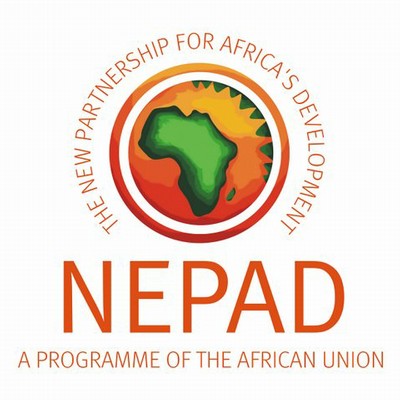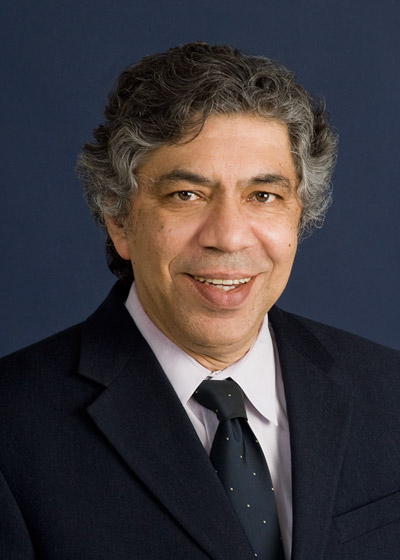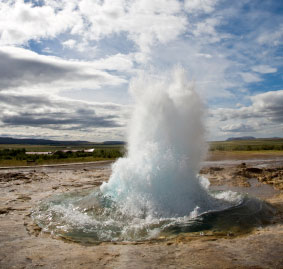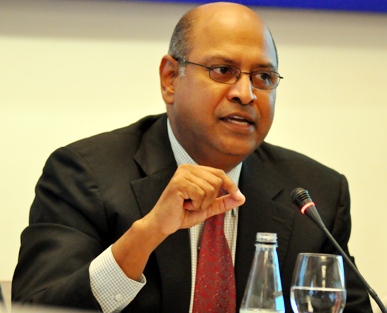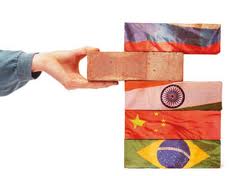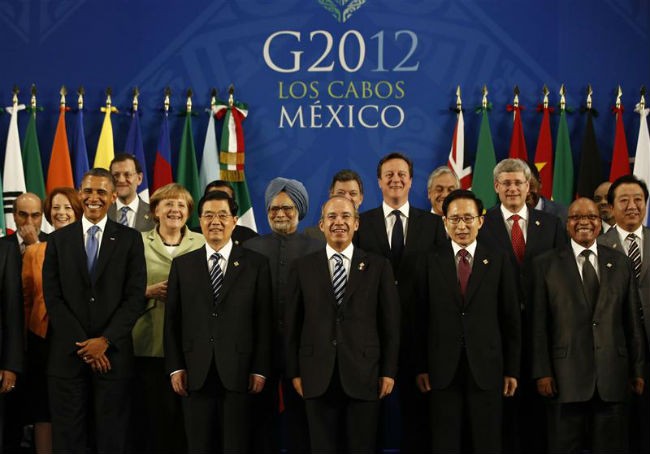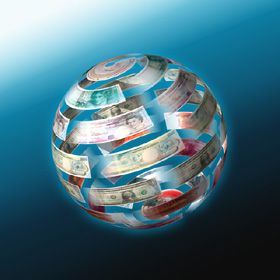[vc_row][vc_column][vc_column_text]
Africa
 Africa (excluding Egypt) is the second most populous region after Asia-Pacific. It comprises 50 countries and 1.15bn people. Total GDP was 2.04 trillion USD in 2018. Average GDP per capita was 2,698 USD, which was the lowest among the regions. Total exports were 513m USD. Africa was the birthplace of homo-sapiens over 315,000 years ago. Around 4,000 BC, the Bantu developed farming. They began to spread east from modern day Nigeria and Cameroon and then down into Sub-Saharan Africa. Around 3,000 BC, Ancient Egypt began to develop and were lords of the Nile for over 2000 years. They were overtaken by the Kushite Kingdom who in turn were overtaken by the Aksum Kingdom from Ethiopia in around 300 AD. North Africa became the theatre of empires including the Phoenicians (Carthaginians), Persians, Macedonians, Romans, Byzantines, Arabs, and Ottomans. In Sub-Saharan Africa, several key empires developed from the middle ages including the Mali empire, the Benin empire, the Mutapa, the Ethiopian empire, and the Kingdom of Kongo. The Arabs began to conquer North Africa in 7th century and eventually extended their influence into Western and Eastern Africa through trade. The Portuguese were the first modern Europeans to explore the Atlantic and Indian Ocean coasts of Africa. They developed trading ports, colonies, and the slave trade. The French, Dutch and English also began to colonise Africa and were joined in the 19th century by the Germans, Belgians, and Italians. The Berlin conference in 1884, formally defined European colonial interests in Africa. WW1 saw Germany’s territory ceded to the other European powers. After WW2, independence swept across Africa helped by the Organisation of African Unity (OAU) formed in 1963. The OAU became the African Union in 2002. Strong economic growth in the 1960s and the beginnings of industrialisation (mostly through import substitution) gave way to economic mismanagement, civil war, and drought in the 1970s and 1980s. As a result, international economic assistance became increasingly important. Assistance from the IMF and World Bank evolved over time moving from the early Structural Adjustment Programs in the 1980s to the Millennium Development Goals in the 1990s, the assistance for Heavily Indebted Poor Countries (including debt forgiveness) in the 2000s, to the Sustainable Development Goals in the 2000s and beyond. Regional economic cooperation has also played an important role in development. Currently there are eight main regional economic communities. A regional electricity market in Southern Africa and a pan-African banking market are also spurring economic integration and development. The 2000s saw many Sub-Saharan Africa countries benefit from the resource boom and increased investment from China. The Arab Spring brought change to many North African countries. All across Africa the rise of ICT is inspiring hope in the younger generation.[/vc_column_text][/vc_column][/vc_row][vc_row][vc_column][vc_column_text]
Africa (excluding Egypt) is the second most populous region after Asia-Pacific. It comprises 50 countries and 1.15bn people. Total GDP was 2.04 trillion USD in 2018. Average GDP per capita was 2,698 USD, which was the lowest among the regions. Total exports were 513m USD. Africa was the birthplace of homo-sapiens over 315,000 years ago. Around 4,000 BC, the Bantu developed farming. They began to spread east from modern day Nigeria and Cameroon and then down into Sub-Saharan Africa. Around 3,000 BC, Ancient Egypt began to develop and were lords of the Nile for over 2000 years. They were overtaken by the Kushite Kingdom who in turn were overtaken by the Aksum Kingdom from Ethiopia in around 300 AD. North Africa became the theatre of empires including the Phoenicians (Carthaginians), Persians, Macedonians, Romans, Byzantines, Arabs, and Ottomans. In Sub-Saharan Africa, several key empires developed from the middle ages including the Mali empire, the Benin empire, the Mutapa, the Ethiopian empire, and the Kingdom of Kongo. The Arabs began to conquer North Africa in 7th century and eventually extended their influence into Western and Eastern Africa through trade. The Portuguese were the first modern Europeans to explore the Atlantic and Indian Ocean coasts of Africa. They developed trading ports, colonies, and the slave trade. The French, Dutch and English also began to colonise Africa and were joined in the 19th century by the Germans, Belgians, and Italians. The Berlin conference in 1884, formally defined European colonial interests in Africa. WW1 saw Germany’s territory ceded to the other European powers. After WW2, independence swept across Africa helped by the Organisation of African Unity (OAU) formed in 1963. The OAU became the African Union in 2002. Strong economic growth in the 1960s and the beginnings of industrialisation (mostly through import substitution) gave way to economic mismanagement, civil war, and drought in the 1970s and 1980s. As a result, international economic assistance became increasingly important. Assistance from the IMF and World Bank evolved over time moving from the early Structural Adjustment Programs in the 1980s to the Millennium Development Goals in the 1990s, the assistance for Heavily Indebted Poor Countries (including debt forgiveness) in the 2000s, to the Sustainable Development Goals in the 2000s and beyond. Regional economic cooperation has also played an important role in development. Currently there are eight main regional economic communities. A regional electricity market in Southern Africa and a pan-African banking market are also spurring economic integration and development. The 2000s saw many Sub-Saharan Africa countries benefit from the resource boom and increased investment from China. The Arab Spring brought change to many North African countries. All across Africa the rise of ICT is inspiring hope in the younger generation.[/vc_column_text][/vc_column][/vc_row][vc_row][vc_column][vc_column_text]
IFC: Banking On Women – Changing the Face of the Global Economy
NEPAD: Boosting Africa’s Most Valuable Renewable Natural Assets – Fish
UN Economic Commission for Africa: Domestic Resource Mobilization in Africa
DESERTEC: Clean Power From Deserts
World Bank Group’s PREM: Harnessing Trade Opportunities for Growth and Development
LEX Africa: The Changing Face of Power in Africa
EDFI: Africa and Energy Access – Financing Impact
World Bank Group: Create Jobs by Focusing Industries to be Competitive
BRIC Stocks Now Out of Favour … Later to Be an Incredible Investment Opportunity
OECD: Ominous Signs for International Investment
G20 Summit: Merkel still wants both Austerity and Growth in the Eurozone… but still no clue as to who will pick up the tab
MIGA (World Bank): During the Storm – Shift from North to South FDI
Loading, Please Wait!
This may take a second or two.
















































































